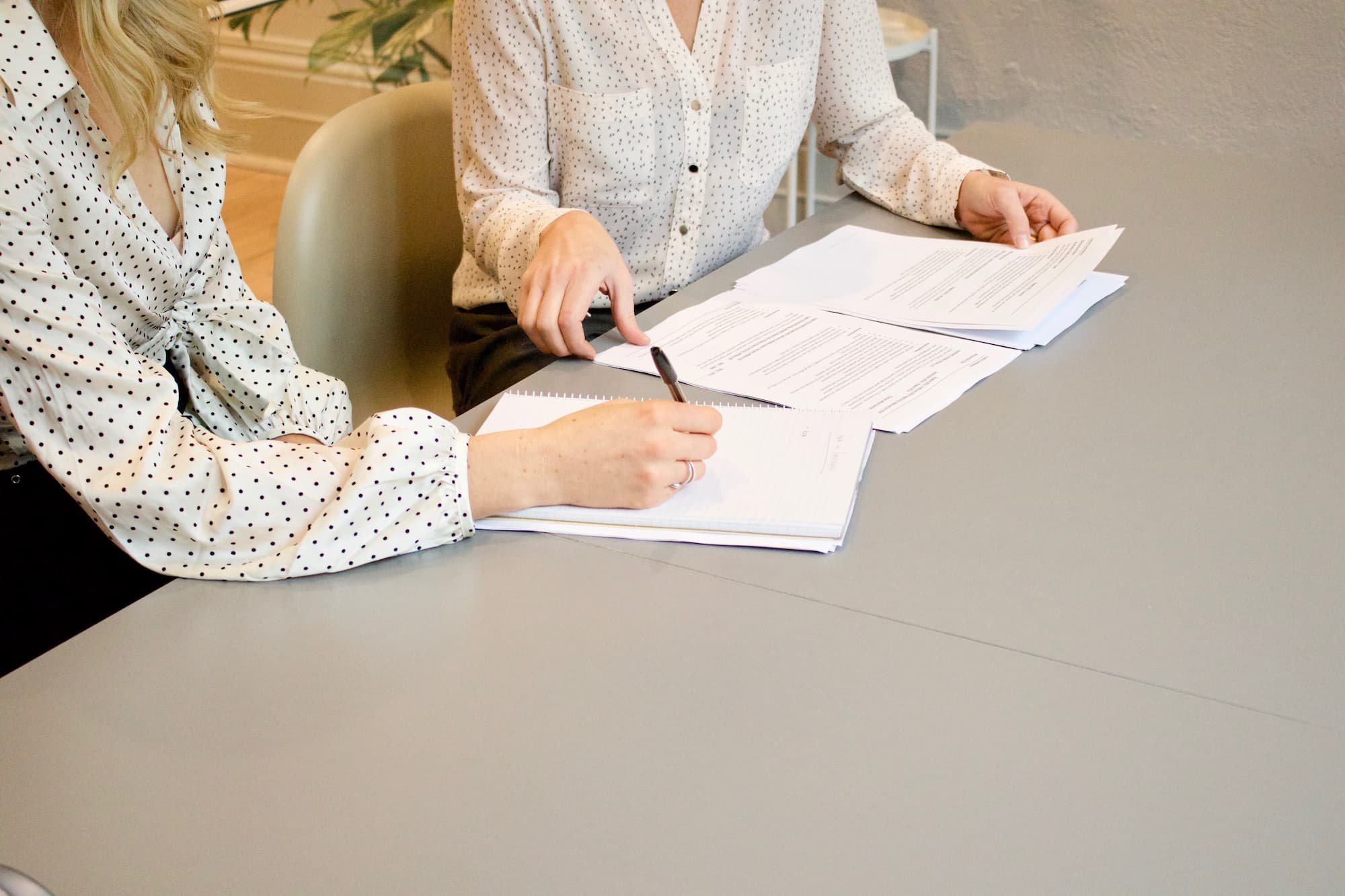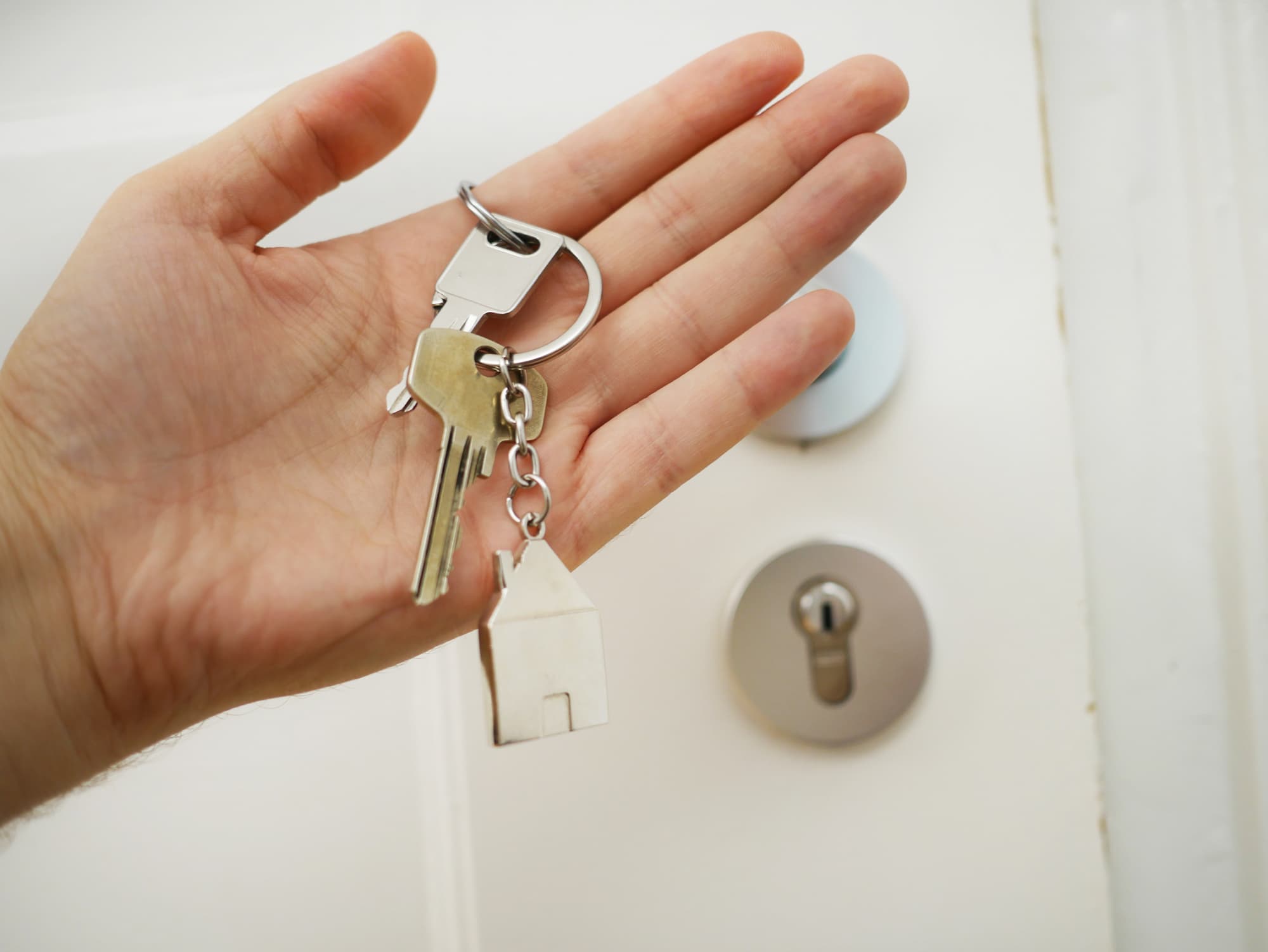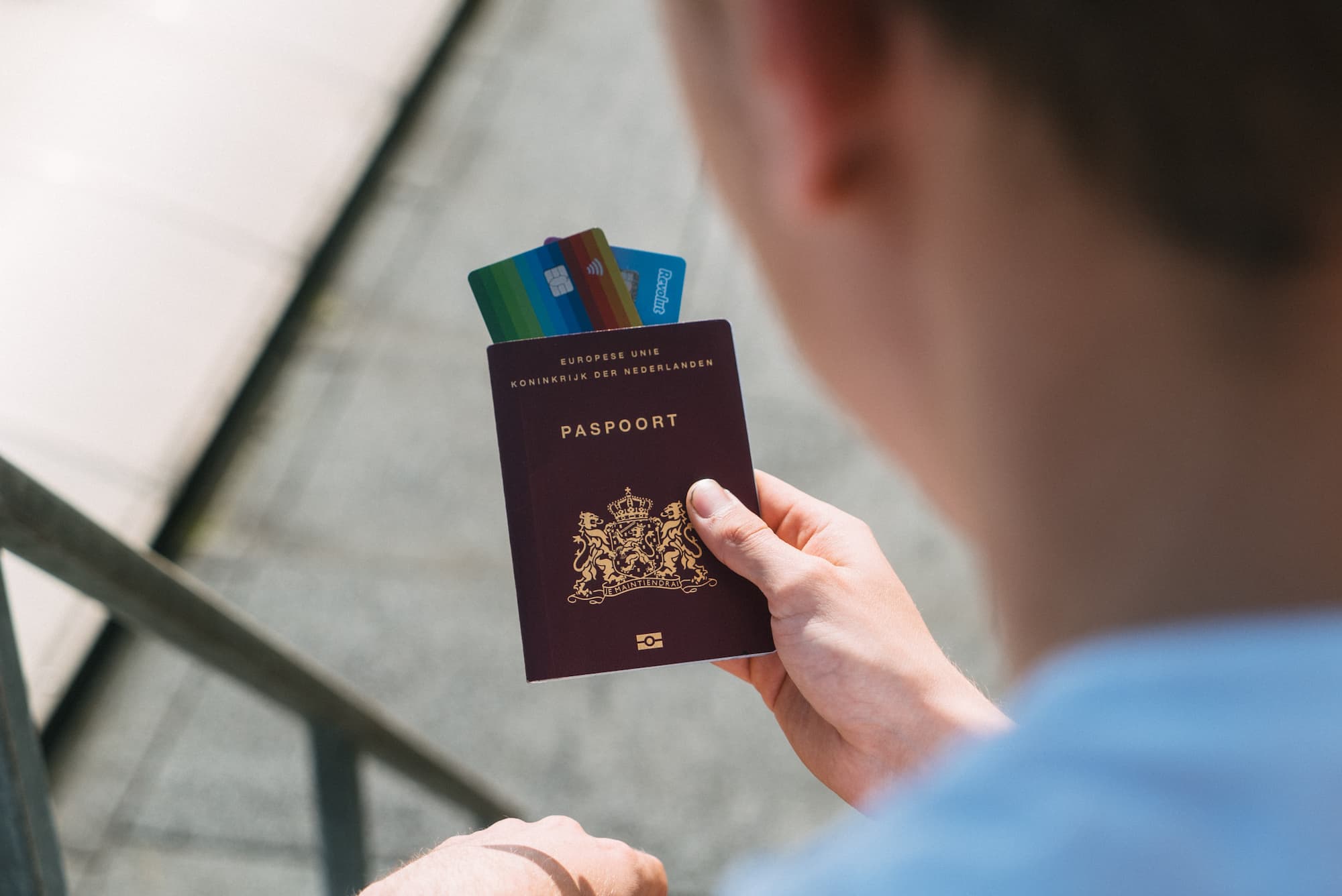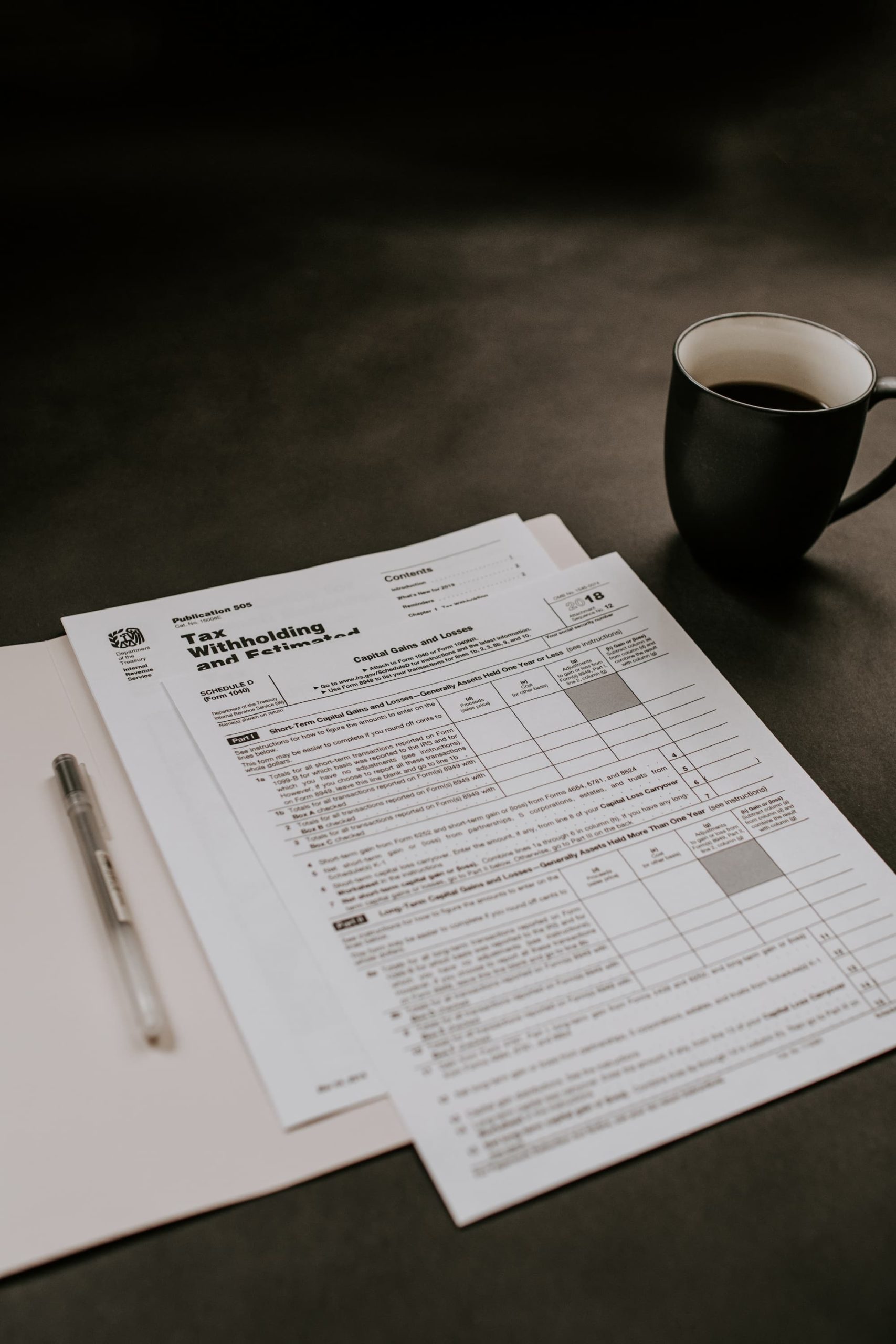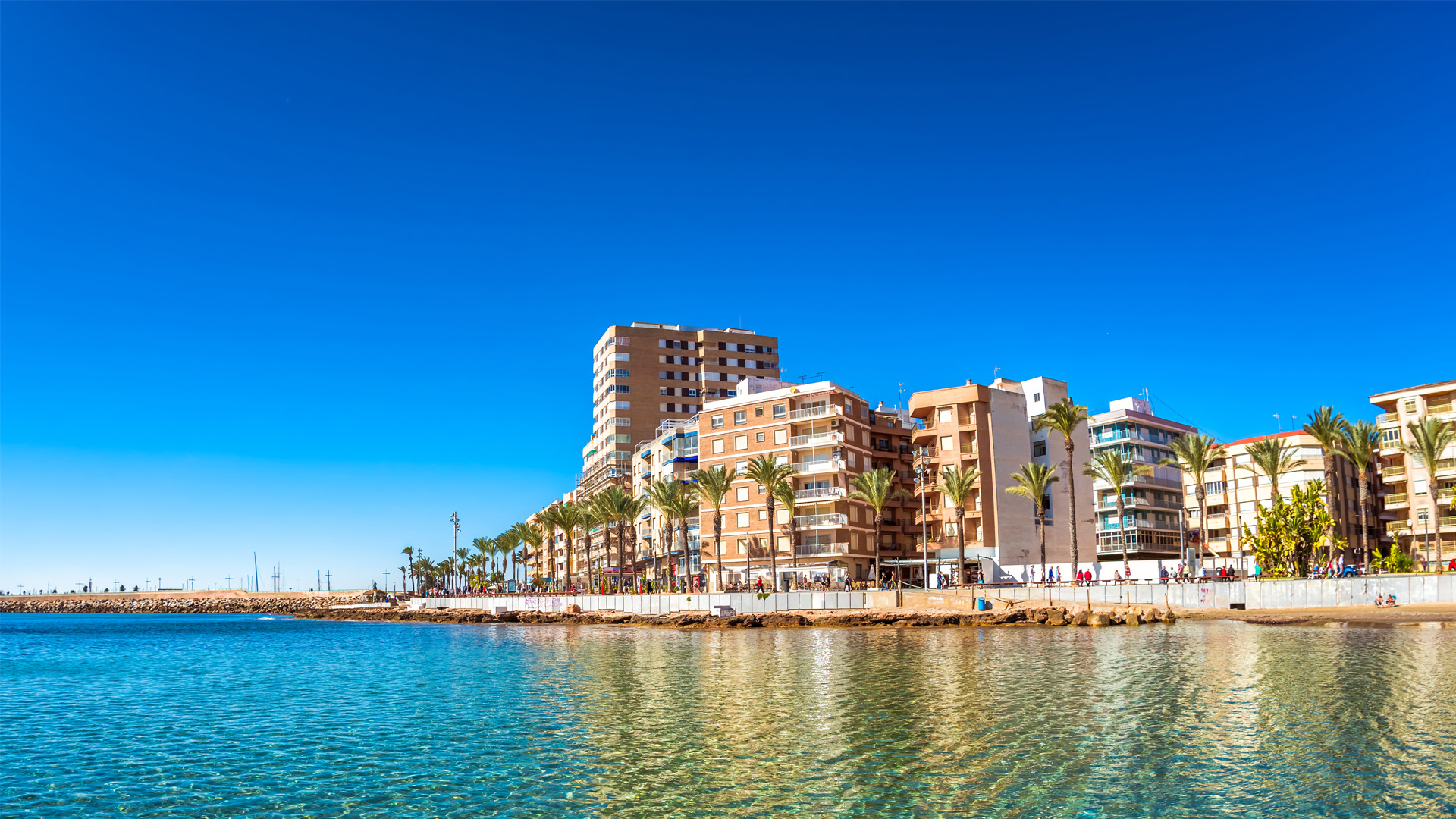Deciding to acquire property in Spain can be driven by various reasons, from seeking a pleasant climate to cultural connections, or even investment opportunities. However, the process can be overwhelming for those unfamiliar with Spanish legal systems. This guide will provide you with a clear and structured path to make your purchasing experience as smooth and positive as possible. If you have any questions, feel free to contact us for personalized advice.
1 – Planning:
Preparation for Purchase:
Research and explore different areas to get a clear idea of what each offer. This will help you align your expectations and needs with the ideal location.
Financial Planning:
It’s crucial to establish a budget that includes all costs associated with the purchase, such as taxes, notary fees, etc. If you need financing, explore mortgage options and their requirements.
2 – Checking the Property’s Status:
Legal Review:
Verify the property’s ownership and ensure it is free of encumbrances, liens, or any irregularities.
Technical Inspection:
Beyond the physical appearance of the property, in some cases, a technical report certifying its structural and functional state can be crucial.
3 – Bureaucratic Procedures:
NIE (Foreigner Identification Number):
This is an essential requirement for any transaction in Spain.
Bank Account in Spain:
You’ll need an account in a Spanish or European bank to make payments and manage associated expenses.
Power of Attorney:
If you can’t be present throughout the process, we can act on your behalf as your legal representative through a power of attorney.
4 – Financing:
Exploring Mortgage Options:
Mortgages can be a viable option if you need financing. We can help you compare offers from different banks, ensuring you understand all terms and conditions.
5 – Completing the Purchase:
Contract Review:
Ensure all agreed terms are reflected in the contract and that you understand each point.
Signing Before a Notary:
This is the final step that formalizes the property purchase. Once the deed is signed, the property is officially yours.
Registration in the Property Registry:
This step secures your ownership of the property and protects against future claims.
6 – Creating or Updating a Will:
Creating or updating a will is essential after purchasing property in Spain. In Spain, if you don’t have a Will, the law will decide how to distribute your assets after your death. This can be a problem because the legal distribution is often not the most tax-efficient and can cause conflicts among your loved ones.
7 – Post-Purchase:
Taxes:
As a property owner in Spain, you’ll be subject to various taxes. The main taxes include the Property Tax (IBI), an annual municipal tax, and if you’re a resident in Spain, the Personal Income Tax (IRPF). Non-residents are subject to the Non-Resident Income Tax (IRNR). It’s essential to be well-informed and up-to-date with these and other relevant taxes to avoid penalties.
Convenience+ Service:
We facilitate the post-purchase transition by handling tax declarations, utility transfers, or vehicle importation, if necessary. Our aim is to eliminate any stress or confusion, allowing you to enjoy your new property in Spain from the start.
At Fontanals Solicitors, we understand that buying a property in Spain is more than just a transaction: it’s the beginning of a new chapter in your life. Our goal is to ensure this process is as smooth and stress-free as possible. With our expertise and knowledge, we will guide you through every step, from initial planning to post-purchase.
If you wish to learn more, explore your options, or just have questions, don’t hesitate to contact us. We are here to make your journey simpler and safer.




